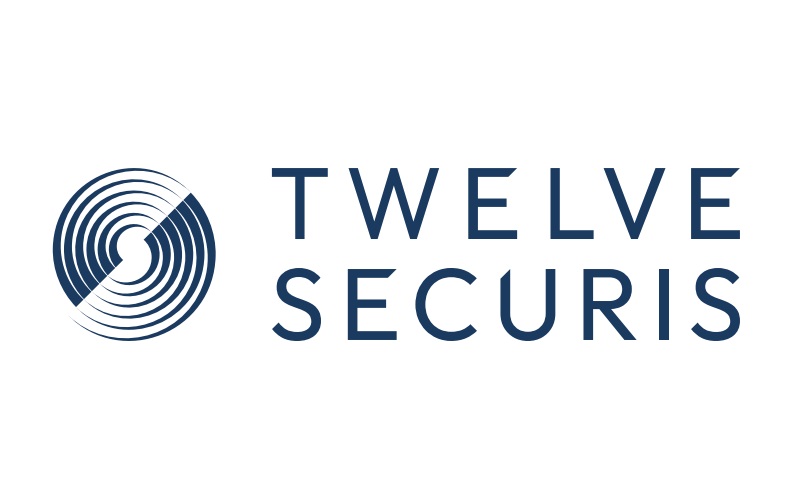Twelve Securis predicts insurance sector’s resilience amid tariff risks, but warns of indirect impacts
- September 11, 2025
- Posted by: Taylor Mixides
- Category: Insurance

Twelve Securis expects the insurance sector to remain largely insulated from recent US tariff increases, though indirect effects may still emerge.
Unlike industries such as manufacturing, agriculture, and consumer goods—where trade restrictions have a direct impact—Twelve Securis emphasises that the insurance sector is primarily driven by underwriting risk and investment management.
Given its largely domestic operations, insurers are more influenced by interest rates, regulatory frameworks, and consumer demand than by global trade policies.
However, Twelve Securis acknowledges that secondary effects should not be overlooked. The European property and casualty market, for example, has already absorbed inflationary pressures stemming from supply chain disruptions following COVID-19 and the war in Ukraine.
According to Twelve Securis, insurers in this space have largely offset claims inflation—driven by rising costs of building materials and spare parts—by passing these expenses on to policyholders through increased premiums.
If proposed tariffs on auto imports weaken US demand, the company notes that surplus vehicle supply may be redirected to other regions, which could reduce replacement part costs for European insurers and help ease claims inflation. On the other hand, they warn that US personal lines insurers could face higher costs, as Mexico and Canada supply a significant portion of auto parts and construction materials like lumber.
Beyond these sector-specific impacts, Twelve Securis highlights broader risks to insurers’ investment portfolios, particularly through foreign exchange and market volatility. However, the company underscores that most insurers maintain limited unhedged FX exposure and closely matched assets and liabilities, mitigating potential financial risks.
Economic uncertainty could also influence consumer behaviour, with Twelve Securis pointing out that a slowdown in consumer spending may affect new sales of life insurance products.
Although these products have recently benefited from higher interest rates, Twelve Securis cautions that they also face competition from government bonds and bank deposits. A potential economic downturn, coupled with lower interest rates, could reduce their attractiveness.
Additionally, the company notes that changes in trade policy and sharp tariff increases could affect trade finance, posing risks for trade credit insurers. Since these insurers’ revenues are tied to the volume of insured trade, Twelve Securis warns that an increase in bankruptcies and defaults—particularly among smaller companies within supply chains—could raise costs and financial strain.
Despite these considerations, Twelve Securis maintains that the insurance industry remains well-positioned to withstand trade policy shifts. With a domestic focus and structured investment strategies, Twelve Securis views insurers as a defensive play in an increasingly uncertain economic environment.
This website states: The content on this site is sourced from the internet. If there is any infringement, please contact us and we will handle it promptly.



